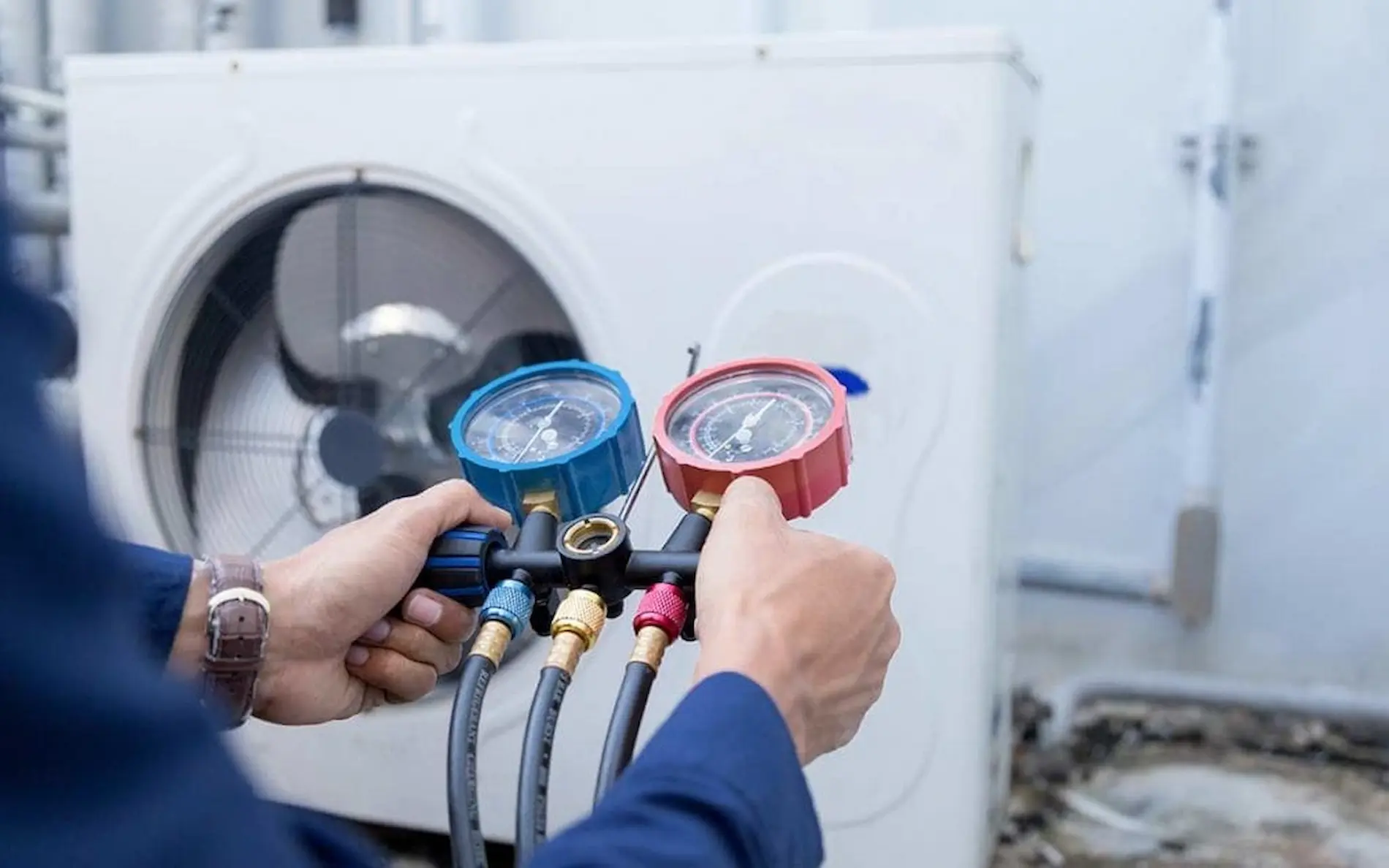4.8
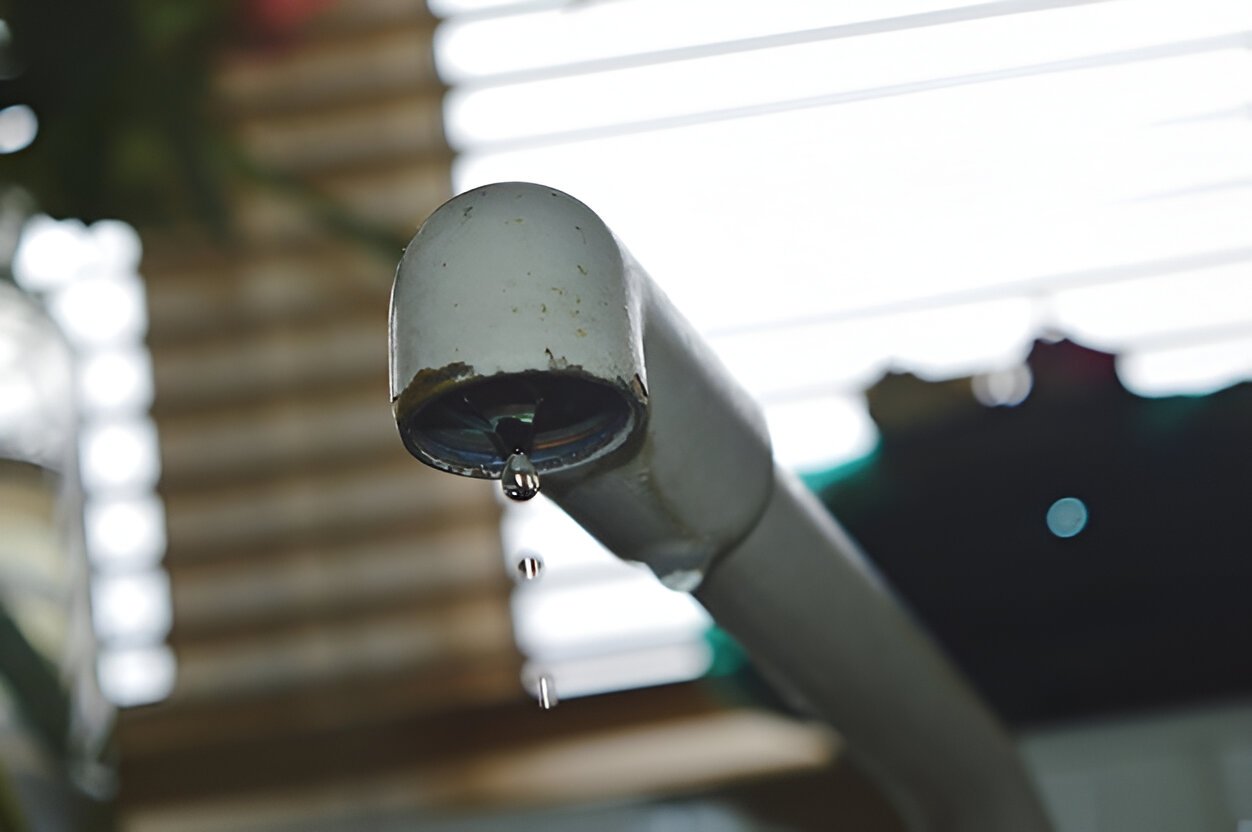
Low Water Pressure Des Moines | Plumbing Repairs That Work
Water pressure affects nearly every part of your morning shower, washing dishes, doing laundry, and even watering the lawn. When pressure drops unexpectedly, it’s more than just annoying. It could be a sign of an underlying plumbing issue that’s been building up over time. Many homeowners in Des Moines face water pressure problems due to aging pipes, clogged fixtures, and even unseen leaks. Knowing what causes these drops in water flow can help you act early and avoid bigger plumbing headaches down the road.
At Lazer Home Services, we help homeowners fix low water pressure issues quickly and effectively. Whether your whole house is affected or it’s limited to a single faucet, we’ll find the root cause and restore the pressure you depend on.
Common Causes of Low Water Pressure in Iowa Homes
Des Moines homes, especially older properties, commonly experience reduced water pressure due to a variety of factors. Sometimes it’s as simple as a partially closed shut-off valve. Other times, it could be a symptom of failing internal plumbing. One of the most common culprits is mineral buildup from Iowa’s hard water, which restricts water flow inside pipes over time. Another cause is corrosion, particularly in galvanized steel piping used in older homes.
In some cases, water pressure problems stem from the municipal supply. If your neighbors are also experiencing issues, the problem may be external. However, when your home is the only one affected, it’s often a sign that your plumbing system needs attention. Our team at Lazer Home Services can determine whether the issue lies within your plumbing or the water supply entering your property.
Signs That Your Water Pressure Problem is Getting Worse
At first, low water pressure might just seem like an inconvenience. Maybe your shower isn’t as strong, or your washing machine takes longer to fill. But when these signs start happening more often or in multiple areas of your home it usually means a deeper issue is developing.
You may notice inconsistent pressure between faucets or a significant drop in flow when more than one tap is open. Fixtures like showerheads and faucets may sputter or release air. Another red flag is a noticeable drop in hot water pressure, which could indicate scale buildup inside your water heater or hot water lines. Ignoring these signs can lead to pipe damage, mold growth, and skyrocketing utility bills.
Clogged Pipes and How They Impact Water Flow
Over time, sediment, rust, and debris can collect inside your pipes especially if your home has galvanized steel or iron piping. These clogs reduce the internal diameter of the pipes, which slows down the flow of water even when pressure from the source remains consistent.
In Des Moines, hard water contributes significantly to mineral buildup, particularly in areas without water filtration or softener systems. Clogs are often worse near elbows, joints, or shut-off valves, where debris tends to collect. If left untreated, these partial blockages can become complete obstructions, leading to full-scale plumbing repairs. Flushing fixtures or using chemical treatments may provide temporary relief, but a professional cleaning or repiping is often necessary to restore full water flow.
Pressure Regulator and Valve Issues in Older Plumbing Systems
Many homes in Des Moines are equipped with a pressure-reducing valve (PRV), which controls the force of water entering your home. When this device malfunctions, it can drastically reduce or increase your water pressure. A failing regulator may cause uneven pressure, sudden pressure drops, or fluctuations between high and low flow.
Similarly, partially closed shut-off valves either at the main supply line or under individual sinks can restrict water flow without warning. If a valve has been bumped during a renovation or maintenance visit, or simply wasn’t opened fully after repairs, it may be limiting your water without your knowledge. Our licensed plumbers can inspect these components and restore optimal water flow to your entire system.
When Low Pressure Means a Hidden Leak
One of the most serious causes of low water pressure is a hidden leak. Leaking pipes, especially in walls or underground, reduce available water flow and cause pressure drops throughout your home. These leaks can also lead to mold growth, water damage, and spikes in your water bill. The tricky part is that you may not see the leak at all until the damage is severe.
Common signs include damp spots on walls, floors, or ceilings; the sound of running water when taps are off; or unexplained moisture around your foundation. If your water pressure suddenly drops and your water usage increases without explanation, it’s time to call a professional. Our team at Lazer Home Services uses advanced leak detection tools to find and fix leaks without damaging your home.
How Professional Plumbers Diagnose and Fix Water Pressure Issues
Diagnosing low water pressure requires a systematic approach. At Lazer Home Services, we begin by checking water pressure at the main entry point and comparing it to readings inside the home. We inspect individual fixtures, shut-off valves, pipes, and the PRV to identify whether the problem is local or system-wide.
Depending on the findings, we may recommend one or more solutions:
- Cleaning or replacing clogged aerators and fixtures
- Flushing sediment from pipes
- Repairing or replacing faulty pressure regulators
- Locating and repairing hidden leaks
- Replacing outdated or corroded piping with modern alternatives
Our Des Moines plumbing team provides customized solutions based on the unique layout and condition of your home’s plumbing system. We prioritize fast, effective fixes that restore performance and prevent future issues.
Get Your Water Flowing Right: Work With Des Moines’ Trusted Plumbing Experts
If you’re tired of weak showers, slow sinks, and unreliable water flow, don’t wait any longer. Low water pressure is often the first sign of a deeper plumbing issue, and the sooner it’s addressed, the easier it is to fix. At Lazer Home Services, we’ve helped thousands of homeowners in Des Moines restore their water pressure and improve their quality of life.
Our team understands the unique plumbing challenges Iowa homeowners face from hard water scale to aging pipes and we’re fully equipped to handle them all. Whether you need repairs, replacements, or a full system inspection, we’re ready to help. Let us restore your home’s water flow and give you back the pressure you need without the stress.
Conclusion
Low water pressure might seem like a small inconvenience, but it can be a symptom of much larger issues lurking in your plumbing system. From clogged pipes and faulty valves to hidden leaks and aging infrastructure, the causes are varied and potentially serious. Acting quickly can help you avoid costly repairs and protect your home from water damage. At Lazer Home Services, we’re here to help Des Moines homeowners get their water pressure back to normal with lasting, professional solutions.
Why Choose Lazer Home Services for Water Pressure Issues?
When it comes to plumbing problems, experience and local knowledge matter. Our licensed technicians at Lazer Home Services have helped hundreds of Des Moines homeowners resolve low water pressure problems quickly and efficiently. We understand the impact of Iowa’s hard water, older housing stock, and local regulations. Our team provides clear diagnoses, honest pricing, and reliable repairs that last. Whether your issue is minor or part of a larger repiping need, we’re ready to help you take control of your plumbing once and for all.
Areas We Proudly Serve
We proudly serve Des Moines and surrounding Iowa communities, including Altoona, Ames, Ankeny, Bondurant, Carlisle, Clive, Grimes, Johnston, Norwalk, Pleasant Hill, Urbandale, Waukee, West Des Moines, and Windsor Heights. If you’re experiencing water pressure issues anywhere in the central Iowa region, Lazer Home Services is your trusted local partner.
FAQ – Water Pressure in Des Moines Homes
Q1: Why is the water pressure low in only one faucet?
It’s often due to a clogged aerator or local fixture issue. However, if multiple areas are affected, the problem could be within your pipes.
Q2: What causes water pressure to drop suddenly?
Sudden drops can indicate a valve problem, a failed pressure regulator, or a hidden leak. It’s best to have it inspected immediately.
Q3: How can I tell if low pressure is due to a leak?
Signs include damp spots, unexplained water usage, or hearing water flow when no taps are open. A professional plumber can confirm the cause.
Q4: Can hard water cause low pressure?
Yes, Iowa’s hard water leads to mineral buildup inside pipes and fixtures, reducing water flow over time.
Q5: Is it safe to fix low water pressure on my own?
You can try cleaning aerators or checking shut-off valves. For anything beyond that, it’s safest to contact a professional plumber.
Recent News
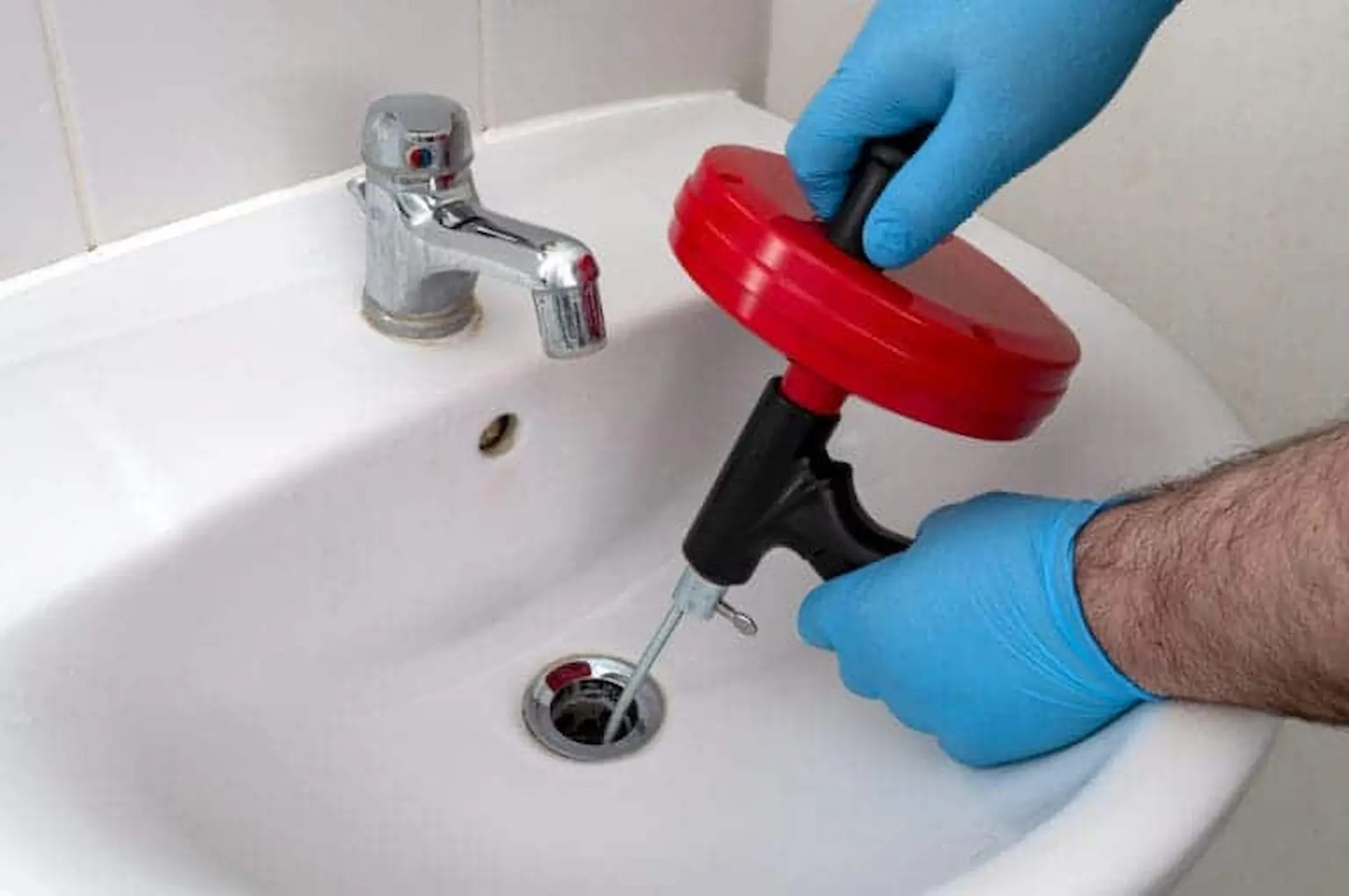
Residential Drain Cleaning in Des Moines | Lazer Home Services
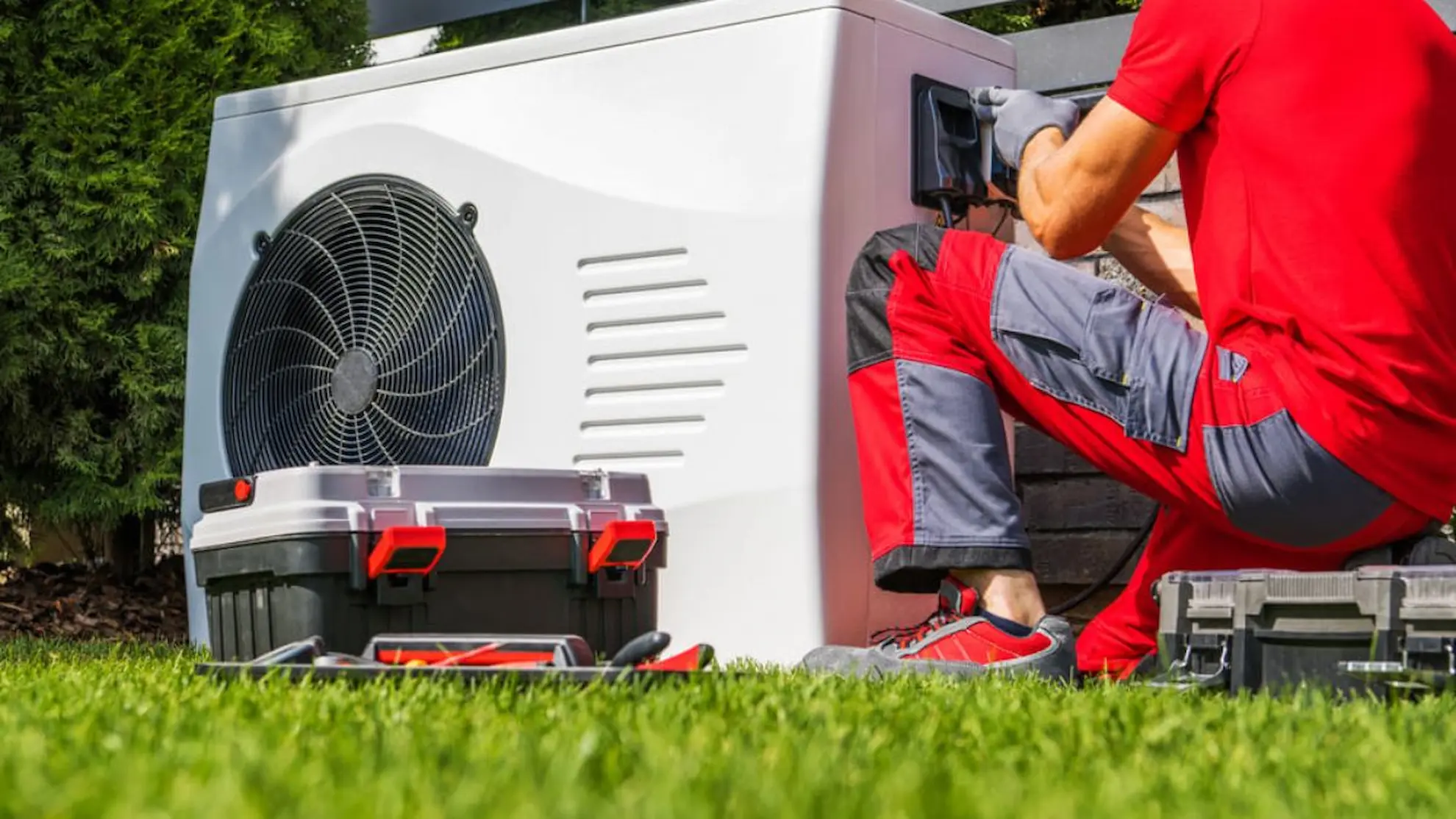
Heat Pump Repair and Installation Solutions in Des Moines.

How to Detect Hidden Pipe Leaks | Lazer Home Services
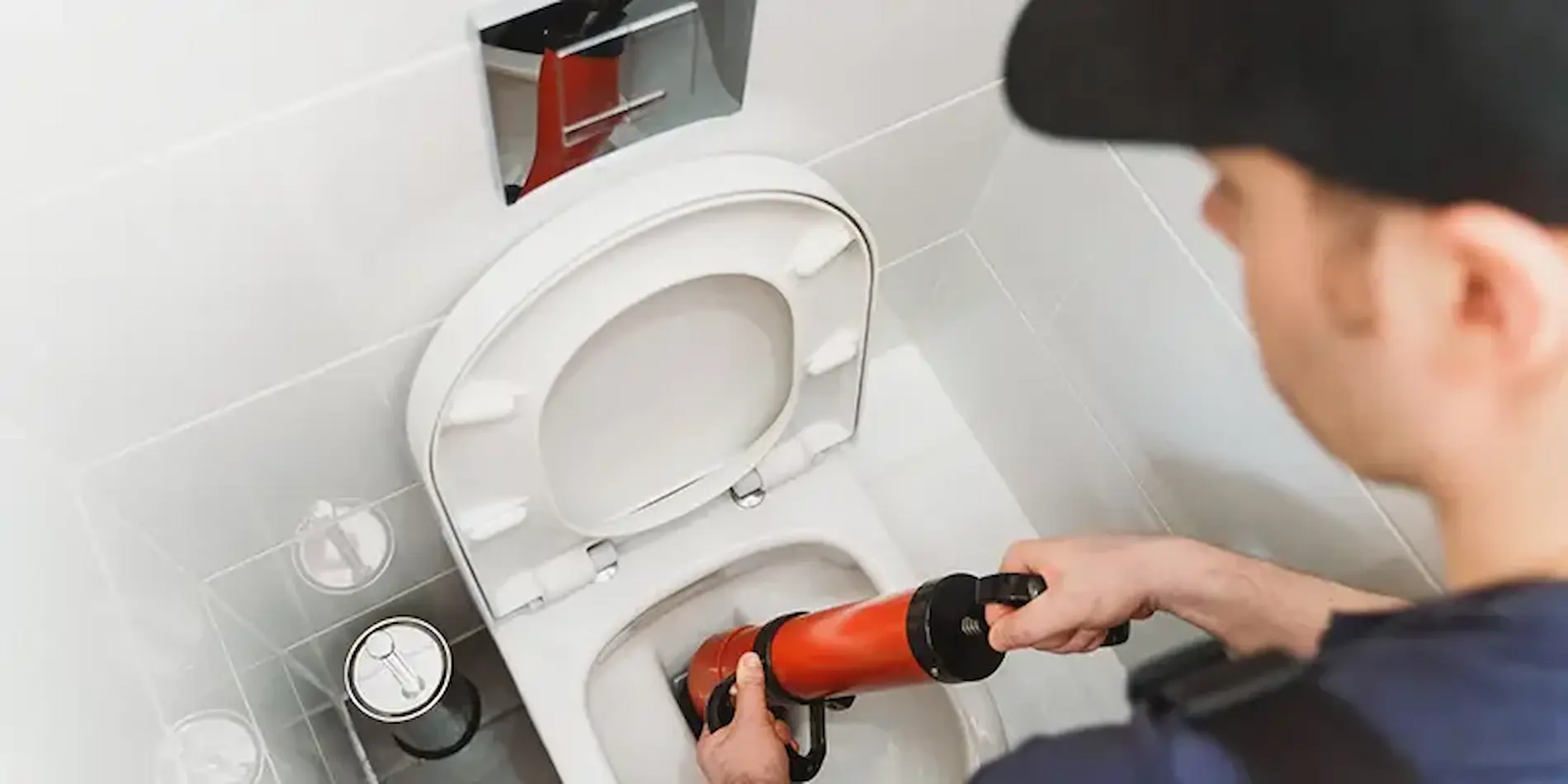
5 Early Warning Signs Your Home Plumbing Needs Urgent Attention
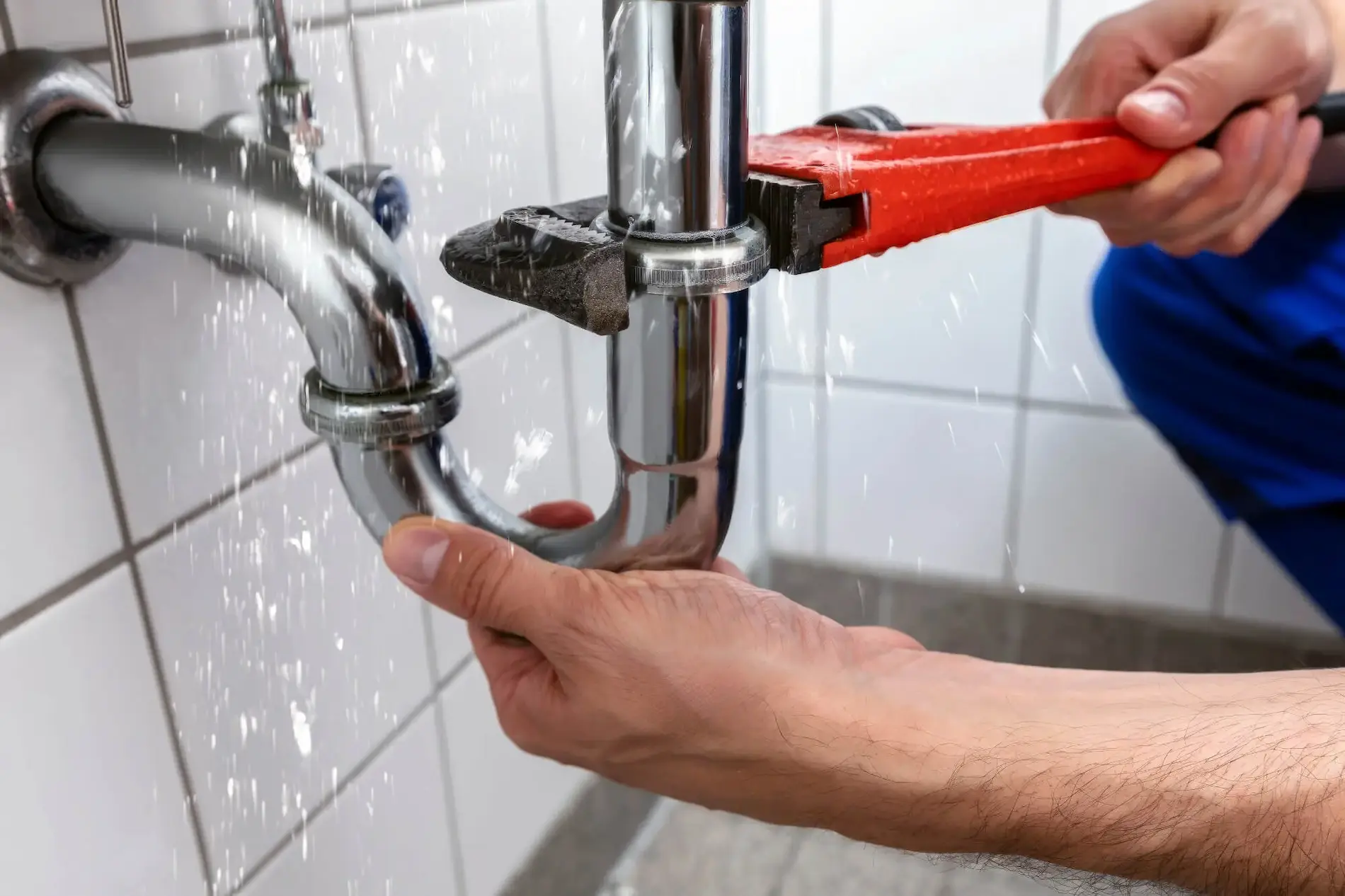
Plumbing Maintenance Checklist Des Moines | Lazer Home Services
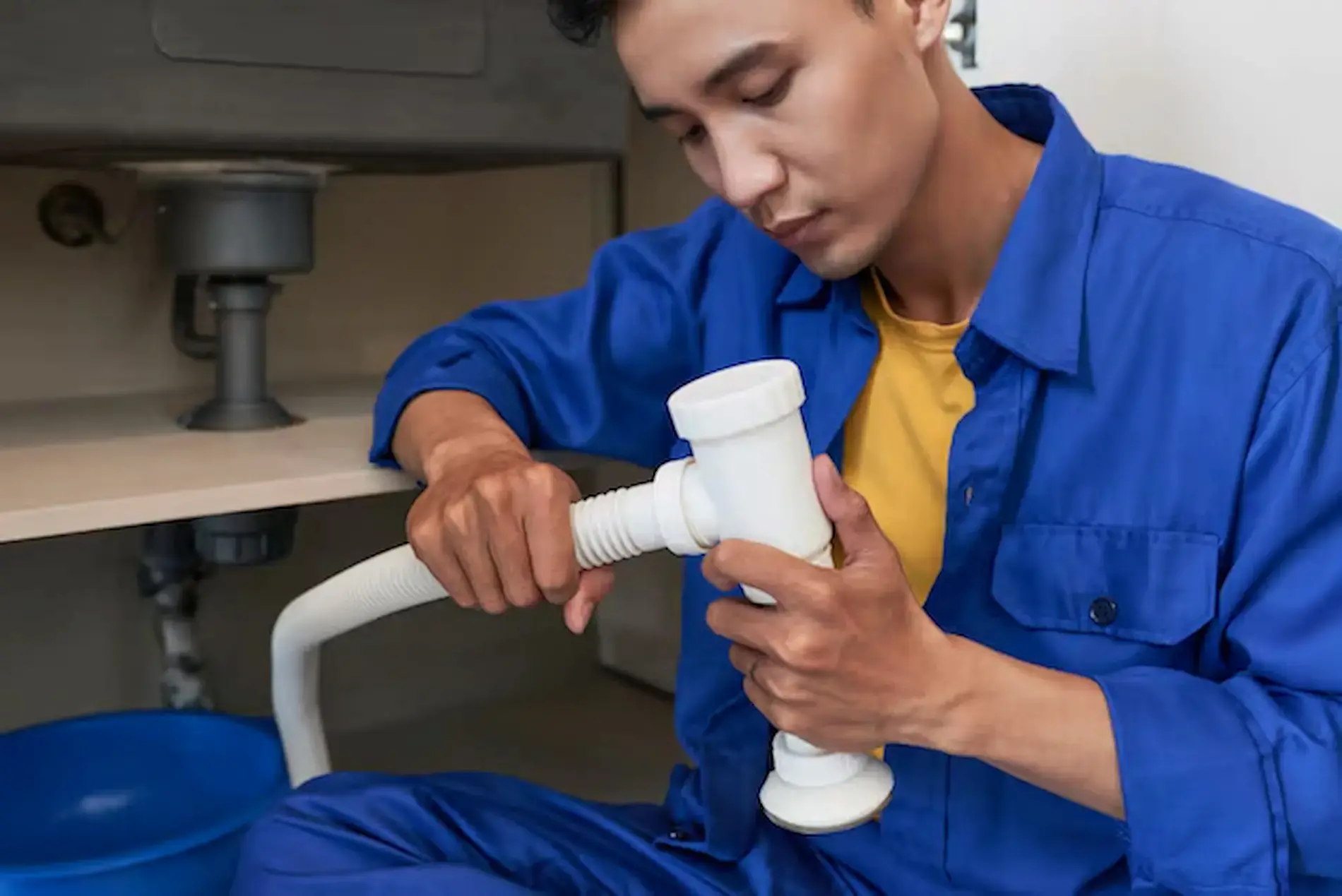
Leak Detection and Repair in Des Moines | Lazer Home Services
